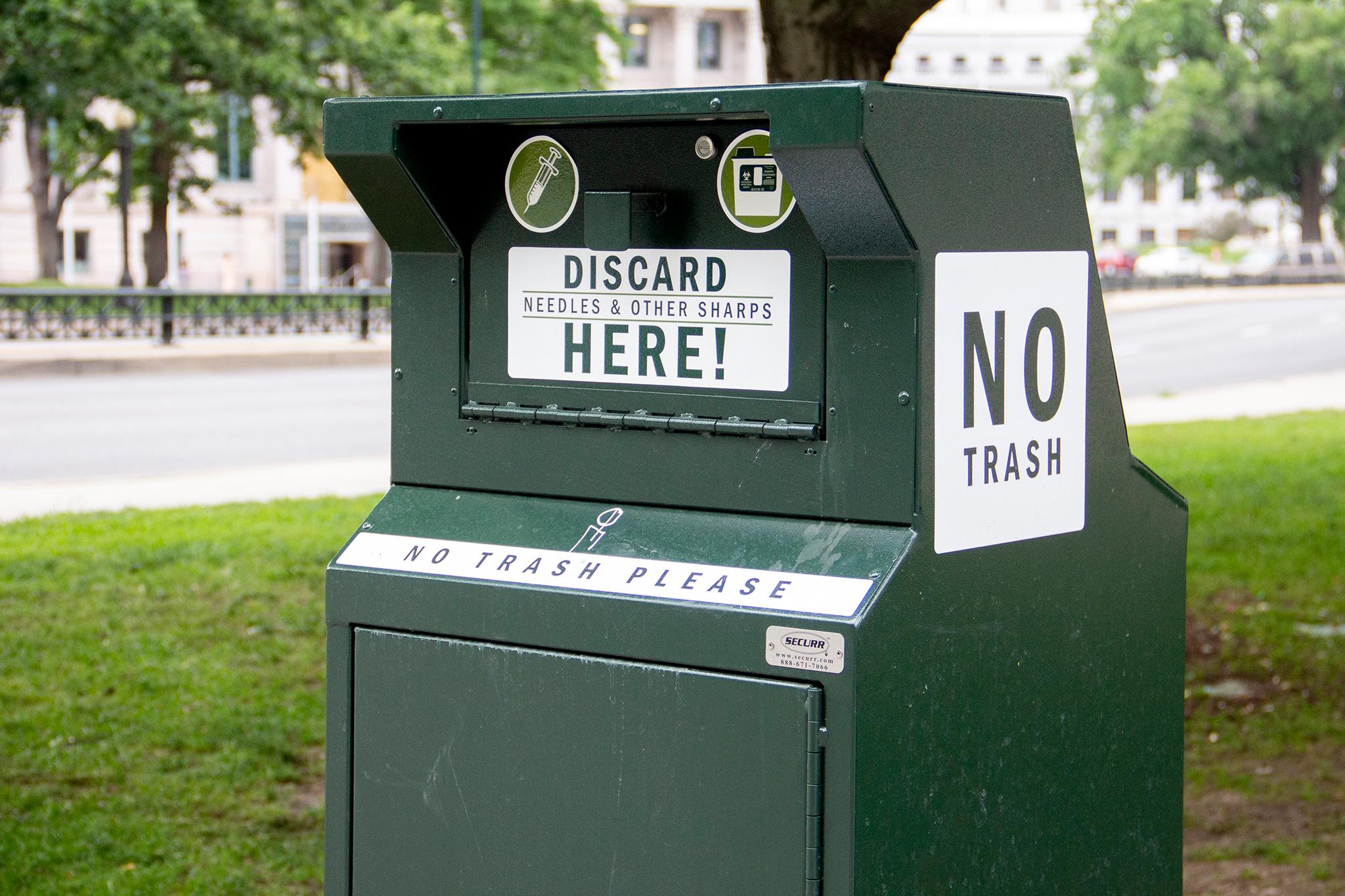Denver Assistant City Attorney Reneé A. Goble isn't quite sure why the city was hand-picked to lead negotiations for a potentially multi-billion dollar settlement from pharmaceutical companies, but she's clearly excited for the opportunity.
She learned about it about two weeks before it was announced and is overseeing the city's involvement in the lawsuit. Things were initially kept confidential.
"Do you think Denver wants it? I'm like, 'Hell yeah, Denver wants this,'" said Goble, who is the lead litigator for a section of the office overseeing things like city contracts and real estate. She is overseeing the city's involvement in the opioid lawsuit.
Goble suspects Denver's unique city and county system is likely why it was chosen out of the 1,800 lawsuits filed by municipalities across the country seeking money from pharmaceutical companies for their role in the opioid crisis. It also helps that when the city filed suit in January, it did so with multiple other cities and counties, so it's representing the entire state to some extent.
"Yeah, we're a super urban center, but we have good partnerships with our other rural counties that we can (help) address their needs as well," Goble said.
But the bottom line is the plaintiffs, including Denver, want pharmaceutical companies to pay out millions to help repay the money they've pumped into efforts to combat the crisis.
"Even our librarians are trained on how to use Narcan," Goble said. "That's all public money that's being used to solve this problem."
Denver will help lead this "negotiating class" in a first-of-its-kind approach requesting that settlement amounts be figured out at the beginning of the court proceedings instead of toward the end. Their goal will be to figure out how this potentially massive pot of money will be distributed by negotiating on behalf of the thousands of cities and counties. It's a chance to streamline the process for both the municipalities and the drug makers.

That massive, consolidated lawsuit is called the National Prescription Opiate Litigation. It's being heard in a federal court in Ohio, where the various defendants have asked U.S. District Judge Dan Polster to approve their motion for this approach.
Goble said the city is still trying to figure out exactly how much they're expecting from the settlement. But they know how they will use that money.
It sounds a bit like counting your chickens before they hatch, but some of these companies are facing bankruptcy, further encouraging them to settle. NPR reported drugmaker Insys Therapeutics was forced into bankruptcy as a result of similar civil suits
Locally, potential settlement money would be used to pay for things like purchasing naloxone, training city staff to use it and paying for other measures, like Denver's new needle disposal kiosks or programs for treatment the city has created.
More than 500 Denver Public Library staff members have been trained to use naloxone at 26 library branches, according to library spokesperson Consuelo Cosio.
Cosio said in an email last year, nine people were revived with naloxone by library staff, while two have been revived so far this year. A note from the city with information on the impact of the crisis said DPL was one of the first libraries in the country to carry naloxone.
"That costs money," Goble said.
One of the four new needle disposal kiosks installed by the city this year is located outside the Webb Building, where Goble's office is located. It provides a place to safely get rid of used needles.
"We have videos and tons of pictures of needles being found all over the park," Goble said.
She has concerns about parks staff being punctured by needles, which Denver Parks and Recreation spokesperson Cynthia Karvaski said has happened in the past but not recently. Karvaski said it's previously happened when park staff were unloading trash.

Karvaski said there are ongoing discussions about potentially launching a pilot program to train their Park Rangers to use naloxone. The city also has a contractor specifically tasked with disposing of needles in downtown parks.
City Attorney's Office spokesperson Ryan Luby said to think of projected settlement outcome like a pie.
"That pie is going to be divided probably 35,000 times, based on whatever percentage comes out of that formula," Luby said. "So Denver's percentage will be probably a fraction of a percent, but that's still going to be, if you're talking several billion dollars or whatever it is, it's a sizable chunk of money."
Goble said that it will likely be years before the city sees any money from a potential settlement.
The motion filed includes guidelines to determine how much the thousands of cities and counties will get, based on factors like opioid distribution and fatal overdoses.
More than 1,700 people have died from opioid-related overdoses in Denver in the past decade. The city believes those numbers are starting to level off.
The approach is unprecedented. Goble said that the only thing that comes close to matching the scope of this lawsuit is the Tobacco Master Settlement Agreement in 1998. That settlement involved states, not cities and counties. It required the four largest tobacco manufacturers to pay out a projected $206 billion over 25 years to several states, according to Colorado's Attorney General's website. Colorado was one of the states in the agreement.
"That's the only thing that we probably could compare it to," Goble said.
Goble said that if the judge Polster grants their request -- and the indication is that he will, given he's been calling for parties to reach a deal since January -- plaintiffs will get a chance to opt out of the settlement by this fall. Polster is scheduled to make a decision on motion during a hearing on June 25.













